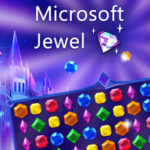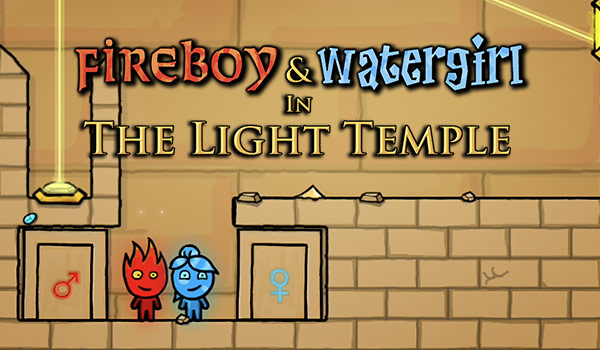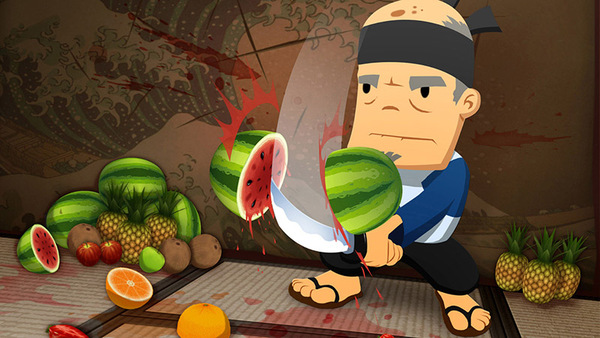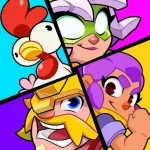Since its launch in 2017, Fortnite has become a household name in gaming, captivating millions worldwide. Combining fast-paced battle royale action with creative building mechanics, Fortnite stands out as more than just a shooter—it’s a cultural phenomenon.
Gameplay Overview
At its core, Fortnite follows the standard battle royale formula: 100 players are dropped onto an island, scavenging weapons and resources to outlast others and claim victory. However, its unique building mechanic allows players to construct structures for defense or offense, adding a layer of strategy unmatched by other games in the genre.
Graphics and Visual Style
Fortnite is visually distinct, boasting a vibrant and cartoonish art style that appeals to players of all ages. Regular updates introduce new map designs, skins, and events, keeping the experience fresh.
Game Modes
- Battle Royale: The classic mode where players compete solo, in duos, or squads.
- Creative Mode: A sandbox experience that allows players to build their own games or explore user-generated content.
- Save the World: A co-op PvE mode that focuses on base-building and fighting off hordes of zombies.
Community and Events
Epic Games keeps the Fortnite community engaged with frequent live events, including concerts, movie tie-ins, and seasonal updates. Notable collaborations with Marvel, Star Wars, and music artists have further solidified Fortnite’s place in pop culture.
Accessibility and Monetization
Fortnite is free-to-play, supported by cosmetic microtransactions. While spending real money can enhance visual appeal, it doesn’t affect gameplay, ensuring fairness. The game is available across multiple platforms, including PC, consoles, and mobile devices, making it accessible to everyone.
Conclusion
Fortnite isn’t just a game—it’s an evolving platform for entertainment and creativity. Its unique mechanics, engaging events, and vibrant community make it a must-play for both casual and hardcore gamers.






























